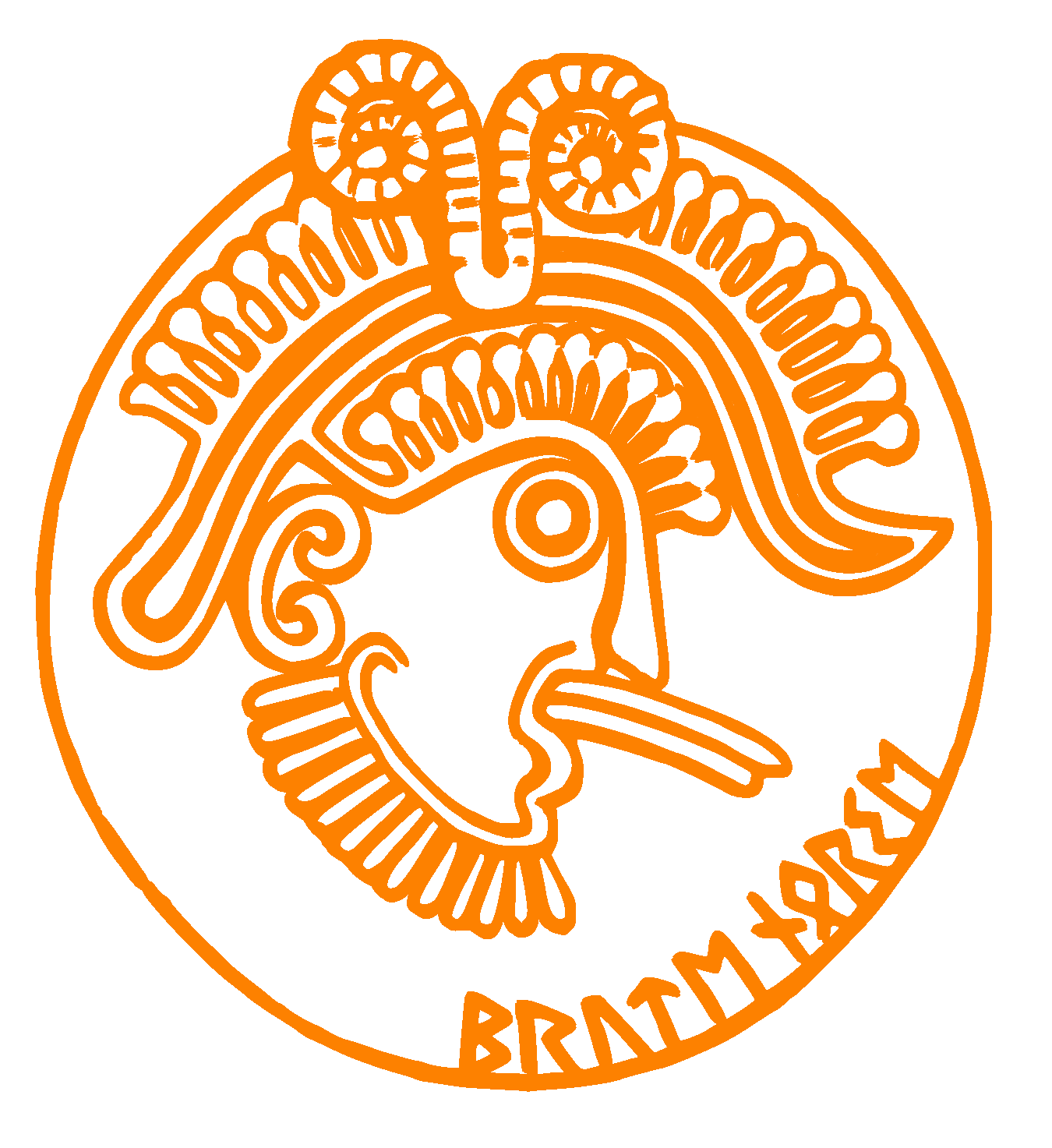"Viking Word of Wisdom": a letter to the Norwegian-American newspaper Nordisk Tidende, April 15th 1982
/How often in daily life have we found ourselves shaping our actions according to a little truism, or a certain small sentence packed with life's wisdom? A couple which come to mind are, «A stitch in time saves nine», and «A fool and his money are soon parted». Possibly you have your own collection of sayings which you incorporate into your daily life.
The Viking Age Scandinavians were little different from ourselves in this respect, and fortunately many of these Nordic bits of wisdom wee preserved in writing. Within the set of poetry known as the Poetic Edda, and there, chiefly in the Håvamål, or Sayings of the High One, (i.e. Odinn), we can find the proverbs of early 10th century Norway and Iceland.
Gwyn Jones, writing in A History of the Vikings (Oxford, 1968), defined the central life question for the early Norsemen as being: «How shall a man conduct himself so that his life may be reasonably happy and reasonably successful, reasonably useful to the community, and reasonably free of harmful entanglements?
Within the Håvamål, which wasn't committed to vellum until the thirteenth century, we are offered a glimpse into everyday Norse thoughts on proper conduct, but not necessarily Norse virtue. This was the work of realists, it spoke to a man at the bar of public opinion, with a verdict from a jury of his neighbors. The following are a number of these bits of Viking wisdom.
Before proceeding up the hall, study all the doorways. You never know when an enemy will be present. [Stanza 1]
A guest needs water, towel, and a welcome, a warm word if he can get it, and the right sort of entertainment. [St. 4]
There is no better load a man can carry than much commonsense, no worse than too much drink. [St. 14]
A man of mark should be reticent, thoughtful, and brave in battle. Everyone should be happy and cheerful till he reaches the end. [St. 15]
Only a fool thinks all who smile with him are friends. He will find when he reaches the law-court how few real backers he has. [St. 25]
Only a fool lies awake all night and broods over his problems. When morning comes he is worn out, and his troubles the same as before. [St. 23]
Better a house you own, however small it be. Everyone is somebody at home. Two goats and a poor-roofed cot are better than begging. [St. 36]
Out in the fields a man should never be parted from his weapons. No one knows when a man in the open has need of a spear. [St. 38]
A man should not be grudging of the money he makes. Often what we intend for those we love is laid up for those we dislike. Matters often turn out worse than we expect. [St. 40]
Be a friend to your friend, match gift with gift. Meet smiles with smiles, and lies with dissimulation. [St. 42]
I was young once and walked by myself, and lost my way. I knew myself rich when I found a comrade. Man's joy is in man. [St. 47]
Generous and brave men get the best out of life; they seldom bring harassments on themselves. But a coward fears everything, and a miser groans at a gift. [St. 48]
Out in the fields I gave my clothes to two scarecrows. They thought themselves champions once they had trappings. A naked man is shorn of confidence. [St. 49]
A big gift is not necessary. Esteem can often be bought on the cheap. With half a loaf and a tilted bottle I have gained a companion. [St. 52]
A man should be moderately wise, never too wise. He who does not know his fate in advance is freest of care. [St. 56]
A man with few helpers must rise early and look to his work. A late-morning sleeper carries a heavy handicap. Keenness is halfway to riches. [St. 59]
Confide in one, never two. Confide in three and the whole world knows. [St. 63]
The lame can ride a horse, a man without hands herd sheep, the deaf can fight and prevail, it is better to be blind than burn (i.e. be cremated because of death). A corpse is useless to everyone. [St. 71]
Cattle die, kinsfolk die, we ourselves must die. One thing I know will never die – the dead man's reputation. [St. 76-77]
Praise no day until evening, no wife before her cremation, no sword till tested, no maid before marriage, no ice till crossed, no ale till it's drunk. [St. 81]
No one should trust the words of a girl or what a married woman says. Their hearts have been shaped on a turning wheel, and inconstancy dwells in their breasts. [St. 84]
He who would win a woman's love must speak her fair and offer presents, praise the lovely lady's figure. It is the flatterer who carries the day. [St. 92]
Great love turns the sons of men from wise men into fools. [St. 94]
Be cautious, but not too cautious. Above all be cautious with ale or another man's wife. And third, watch out that thieves don't make a fool out of you. [St. 131]
And finally a curious injunction as to the gods:
Better no prayers than excessive offerings: a gift always seeks a recompense. Better no offerings than excessive sacrifice. So declared Thurdr [sic] (Odinn) before man's memory began. [Corr. Þunðr. St. 145]
Author: Gary M Turnquist
Grassy Creek, N. Car.
[Annotations by Brute Norse]
Nordisk Tidende was a newspaper for Norwegian-Americans based in New York from 1891 to 1983. It often featured news from "the old country" along with a variety of advertisements and content relevant to Norwegian interests in the New World. Though initially a fully Norwegian newspaper, English gradually became the main language of the newspaper as the diaspora assimilated.
To read these and other stanzas from Hávamál in the original Old Norse, check out our friends at Heimskringla.no
Brute Norse does not run itself. If you want to support, please consider making a pledge on Patreon or buying a shirt, if not you can still support the site by sharing links and spreading it among like-minded people.







